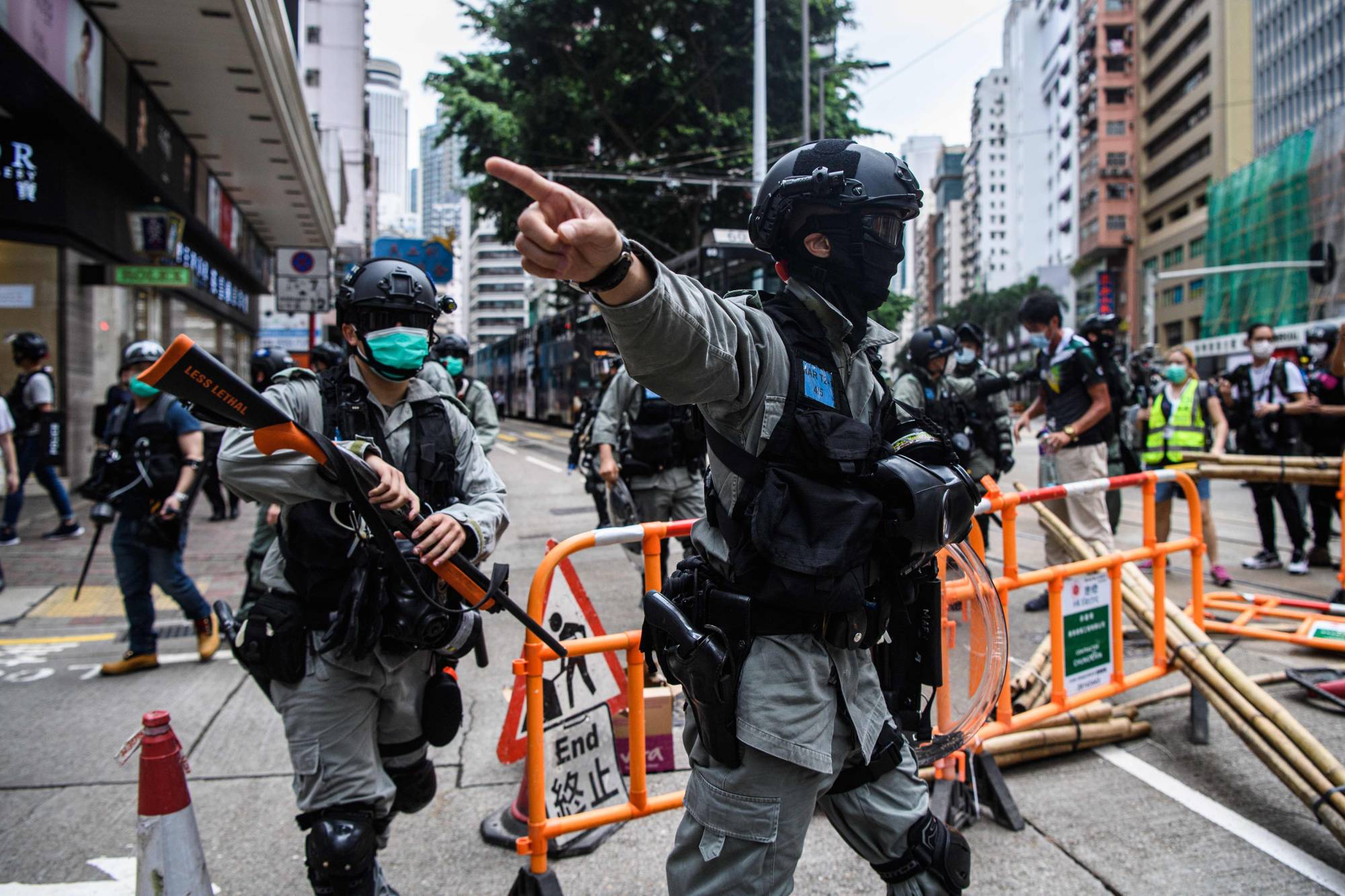China’s decision to crack down on Hong Kong with a new security law has shocked the world. But to those who read the resolution issued last November by the Central Committee of the Chinese Communist Party, it comes as no surprise. In that document’s section pertaining to Hong Kong, the CCP signaled its intention to assert full control over the former British colony. Tighter national security laws and the establishment of unspecified new enforcement mechanisms would be just two components of a much larger, more comprehensive strategy.
Now that China is pursuing this strategy in earnest, we should expect it to follow through with the additional measures announced last November. Besides bypassing the Hong Kong legislature with a new national-security law, the CCP also intends to change the procedures for appointing the city’s chief executive and principal officials. It will strengthen Hong Kong’s law-enforcement capabilities, and conduct a campaign to inculcate “national consciousness and patriotic spirit” among Hong Kong’s civil servants and young people. The goal is to integrate the city’s economy much more closely with that of the mainland. As if the much-feared security law wasn’t bad enough, the worst is yet to come.
In any case, implementation of the security law will likely be enough to end the so-called one country, two systems governance model that the city has maintained since returning to Chinese rule in 1997. According to remarks from a deputy chairman of the standing committee of the National People’s Congress (NPC), Article Four of the proposed law will authorize “relevant national security agencies of the central government” to establish permanent, operational branches in Hong Kong.


















With your current subscription plan you can comment on stories. However, before writing your first comment, please create a display name in the Profile section of your subscriber account page.